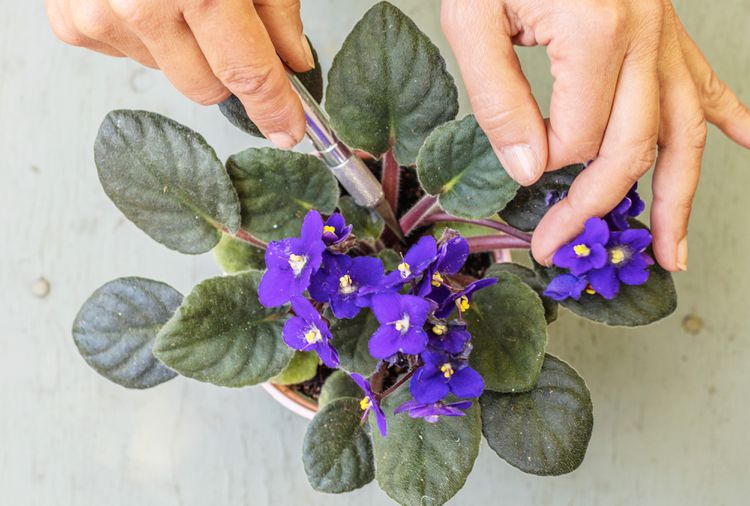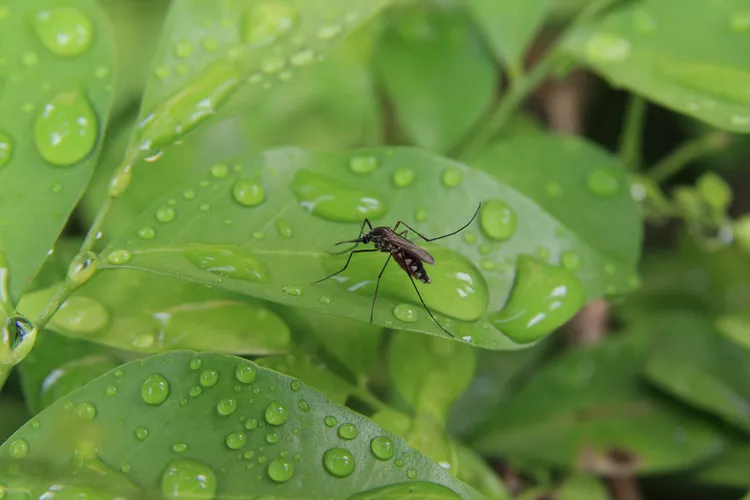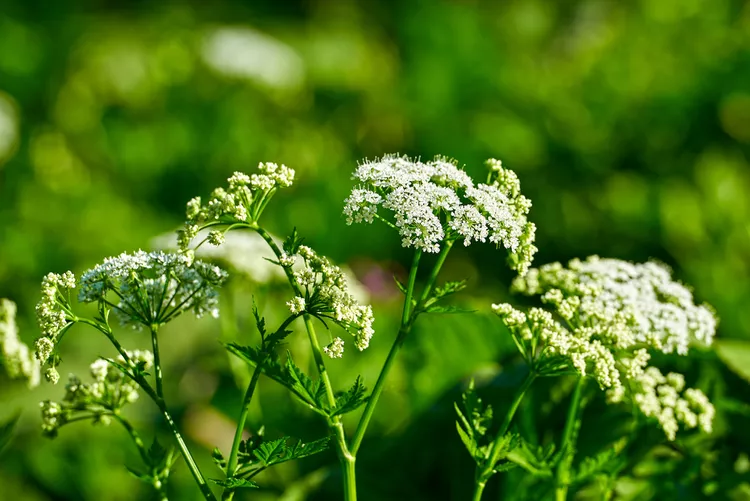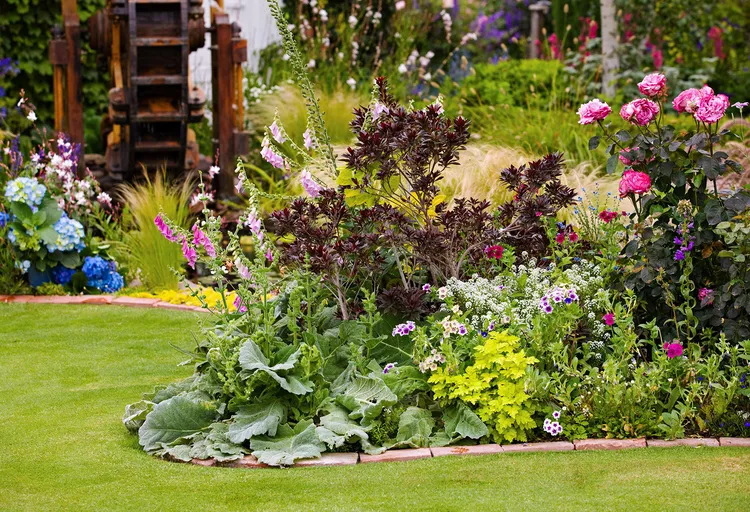Transforming Indonesia's Food Landscape: Prabowo's Bold Vision for Self-Sufficiency
In a strategic move to bolster Indonesia's food security, President Prabowo Subianto recently visited the Papua region to oversee the development of a groundbreaking food estates program. This ambitious initiative aims to create three million hectares (7.4 million acres) of food production across the country, with the ultimate goal of achieving food self-sufficiency within the next four years.
Unlocking Indonesia's Agricultural Potential
Expanding Food Production Horizons
The food estates program represents a bold and comprehensive approach to addressing Indonesia's reliance on food imports. By establishing these large-scale agricultural hubs, the government aims to significantly increase the country's rice production, reducing its dependence on foreign supplies. The plan calls for one million hectares of the food estates to be located in the Merauke regency of South Papua province, with the remaining areas to be developed in the Sumatra and Kalimantan islands.Investing in Infrastructure for Farmer Success
To support the Merauke food program, the government has announced plans to construct a dock in the Wanam region and a 135-kilometer (84-mile) road from Wanam to the Muting region. These critical infrastructure projects are designed to facilitate the transportation of agricultural goods and provide farmers with better access to markets, ultimately enhancing their productivity and profitability.Harnessing Technology for Increased Yields
The food estates program is not just about expanding land under cultivation; it also involves the strategic deployment of advanced agricultural technologies. By leveraging innovative farming techniques, improved seed varieties, and precision irrigation systems, the government aims to significantly boost the country's rice yields. Experts estimate that the program could potentially add 20 million tons of paddy rice or 10 million tons of harvested rice to Indonesia's annual production.Fostering Sustainable Agriculture Practices
Alongside the focus on increased production, the food estates program also emphasizes the importance of sustainable agriculture practices. The government has pledged to prioritize environmentally-friendly farming methods, such as the use of organic fertilizers and the implementation of crop rotation strategies. This holistic approach aims to ensure the long-term viability of the food estates, safeguarding the land and natural resources for future generations.Empowering Local Communities
The success of the food estates program hinges on the active participation and empowerment of local communities. The government has vowed to work closely with smallholder farmers, providing them with access to training, financial resources, and technical support. By fostering a collaborative environment, the program aims to uplift the livelihoods of rural communities and promote inclusive economic development.Strengthening Food Security Resilience
At the heart of the food estates program lies a fundamental goal: to enhance Indonesia's food security resilience. By reducing the country's reliance on imports and bolstering domestic production, the government aims to insulate the nation from the volatility of global food markets and ensure a reliable supply of essential commodities. This strategic shift towards self-sufficiency is expected to have far-reaching implications for Indonesia's economic stability and the well-being of its citizens.




















